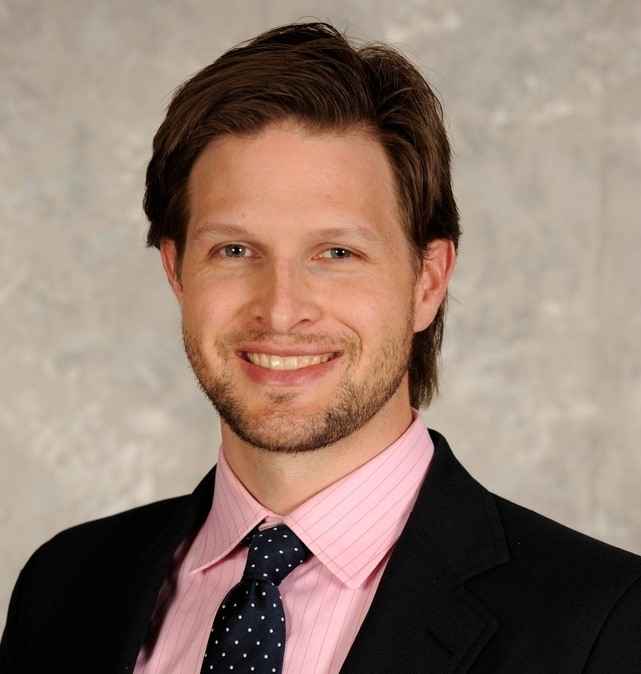Prominent Alumnus Inspires New UChicago Humanities Endowment in Islamic Studies

By Sara Patterson
Renowned for educating scholars in Islamic studies, UChicago has luminary professors, such as Professor Emeritus Fred M. Donner and Professor Emerita Wadad Kadi, to serve as its teachers and mentors. Now one of their protégés, Jonathan A. C. Brown (PhD’07), has emerged as a prominent voice in this field.
In honor of Brown, a new $100,000 endowment in Islamic Studies has been established in the Division of the Humanities at UChicago. While the Department of Near Eastern Languages and Civilizations will manage the Jonathan A. C. Brown Islamic Studies Research Award Fund, annual applications are open to both UChicago master’s degree and PhD students researching Islamic studies across many disciplines.
“We are enormously grateful to the donor for his vision in making this truly important gift to the Division of the Humanities,” said Anne Walters Robertson, Dean of the Division of the Humanities and the Claire Dux Swift Distinguished Service Professor in the Department of Music. “This endowment reinforces the continued vitality of the humanities overall. As one of the great religions in the world, Islam is an indispensable part of the humanities and civilizations.”
In a larger context, the endowment shows that the work that UChicago faculty do and the education they give to their students is relevant for people living in the United States. People in the community appreciate the scholarship, according to Ahmed El Shamsy, associate professor in the Department of NELC.
“Scholars of Islam can have a significant impact in the world,” El Shamsy said. “Jonathan has made a big difference in the field of Islamic studies by making cutting-edge scholarship accessible to a broader audience. Through this gift, we will be able to train more people at UChicago to be field-changers like him.”
A prolific author and distinguished scholar of Hadith at Georgetown University, Brown writes books and gives lectures that draw a wider audience than traditional scholars. His recent books include Slavery and Islam (2019); Misquoting Muhammad: The Challenge and Choices of Interpreting the Prophet’s Legacy (Islam in the Twenty-First Century) (2014); and Muhammad: A Very Short Introduction (2011).
“Jonathan Brown’s books have become standard works in the field of Hadith studies,” said Tahera Qutbuddin, professor in the Department of NELC at UChicago. “His mastery of both the Arabic and Persian languages is excellent and has allowed him to branch out in many fields.”
As a public intellectual, Brown addresses critical topics in Islamic studies. His fluency in the Arabic and Persian languages has helped him analyze and evaluate the original texts so vital to researching Islamic thought, law, and literature.
“Research experience, especially on-site, is so important to students’ growth and development as scholars,” Robertson said.
Through the new endowment, students could gain research experience in the Middle East (post-pandemic), sponsor specific speakers on campus, or take intensive language programs, as well as discovering other innovative ways to support their chosen field of study.
“This funding’s flexibility could allow us to tailor speakers to individual student research projects, build bridges between scholars who are important resources for students that complement their Dissertation Committee advisers, or host a speaker series on Islamic studies,” said Franklin Lewis, associate professor and chair of the Department of NELC. “It leads the way to support students’ study and professionalism in the significant field of Islamic studies.
“For example, a student could travel to an archive not otherwise accessible or stay in a place of research for a longer period. This endowment also supports master’s degree students who don’t have many fellowship or scholarship resources available.”
At UChicago, Islamic studies is interdisciplinary and ranges from graduate students in several departments in the Humanities Division and Social Science Division to those at the Divinity and Law Schools. In these programs, the emphasis is on both coursework and research with the extensive use of original sources, which often requires travel to the Middle East.
“I am confident that we will find deserving students every year,” Lewis said.